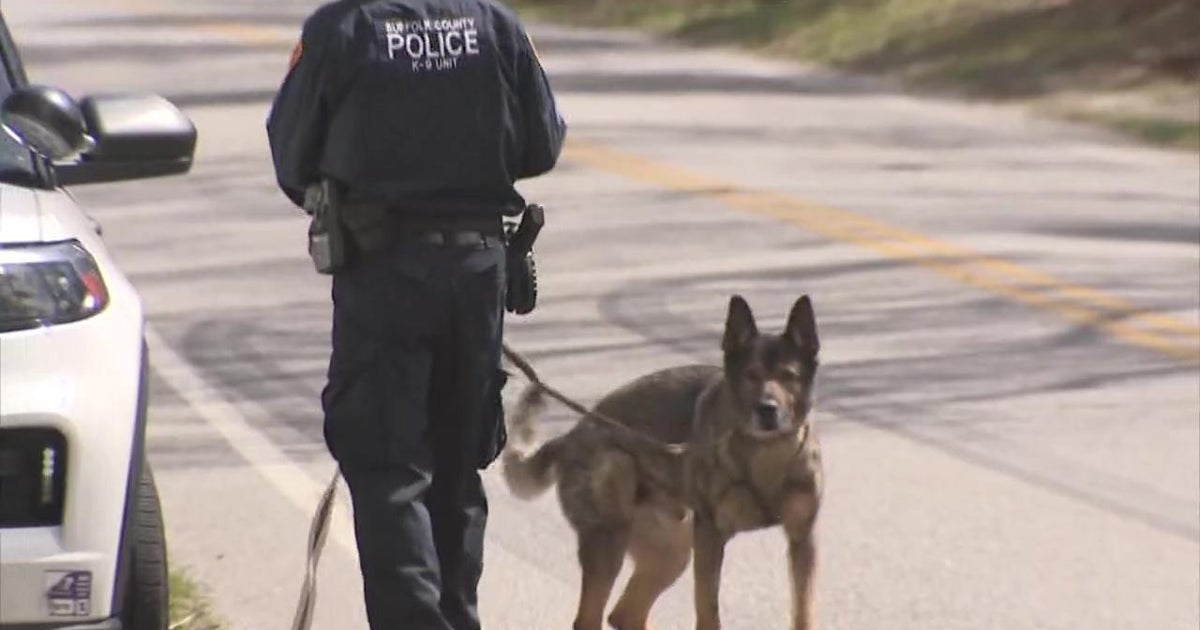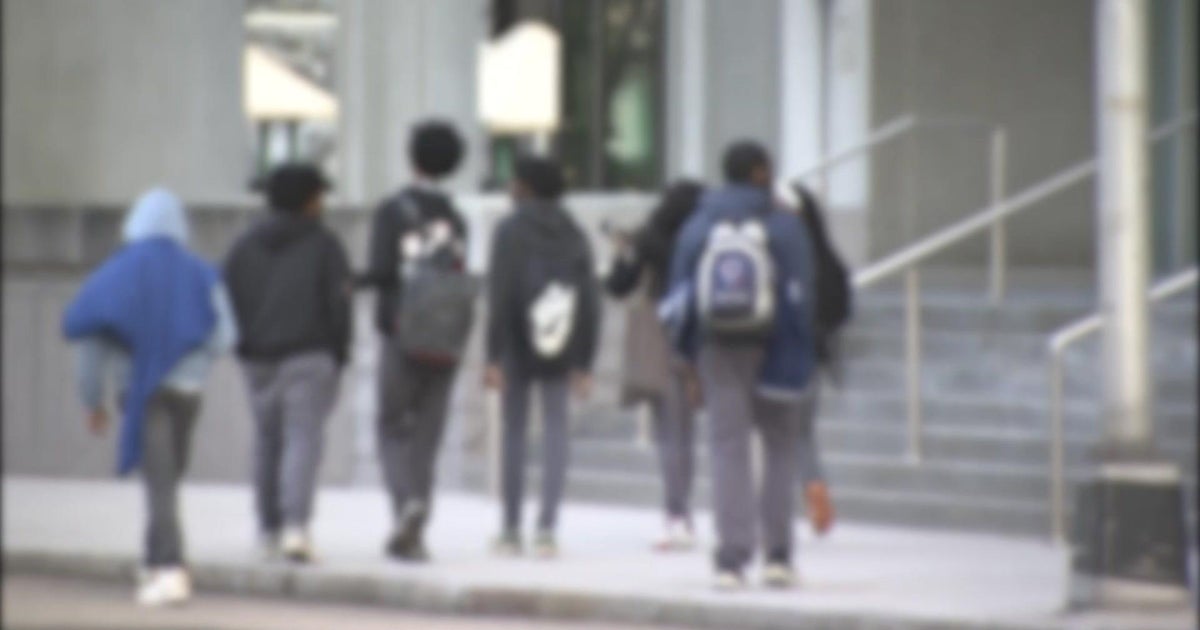Scientists Voice Concerns Over SeaWorld's Decision To Stop Breeding Killer Whales
ORLANDO, Fla. (CBSNewYork/AP)-- While SeaWorld's decision to end its orca breeding program has delighted animal rights activists, it has disappointed many marine scientists.
They say they will gradually lose vital opportunities to learn things that could help killer whales in the wild.
SeaWorld's 29 captive orcas in Orlando, San Diego and San Antonio will remain on display for perhaps decades to come and will be available in the meantime for study by outside scientists.
But as their numbers dwindle, researchers will lose chances to collect health data and make other observations, such as drawing blood, measuring the whales' heart rates and lung capacity, and documenting their diets and their growth.
The new program will first start at SeaWorld's San Diego park next year. The sites in San Antonio, and then, Orlando will follow in 2019.
SeaWorld faced intense backlash for its treatment of orcas after the release of the 2013 documentary "Blackfish." Its attendance and stock price have plunged as lawmakers and agencies pushed to ban orca captivity and breeding.
SeaWorld said it will spend $50 million over five years to become the largest rescue organization in the world. The company said it has not captured an orca from the wild in nearly 40 years.
(TM and © Copyright 2016 CBS Radio Inc. and its relevant subsidiaries. CBS RADIO and EYE Logo TM and Copyright 2016 CBS Broadcasting Inc. Used under license. All Rights Reserved. This material may not be published, broadcast, rewritten, or redistributed. The Associated Press contributed to this report.)



